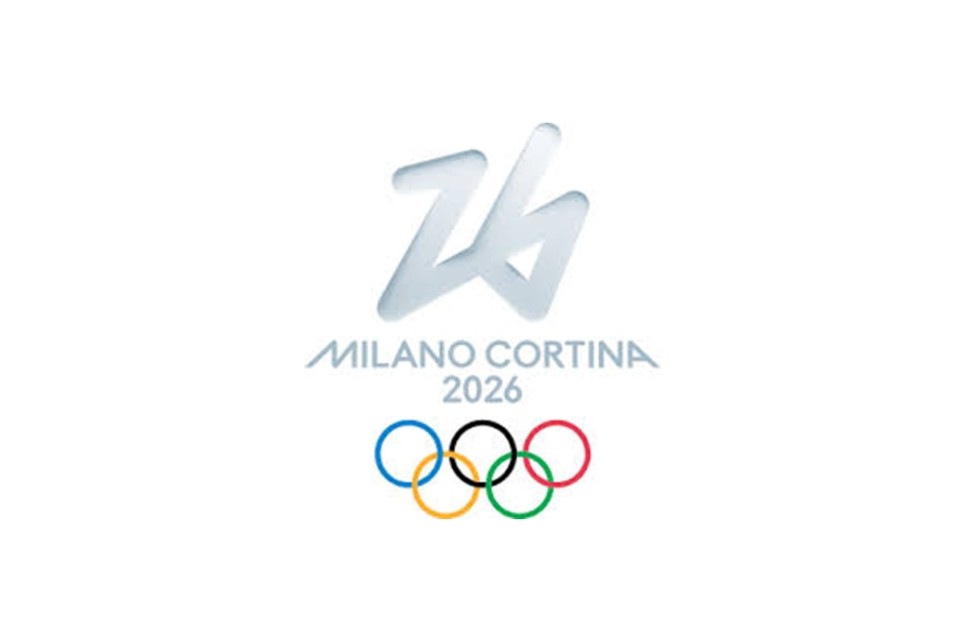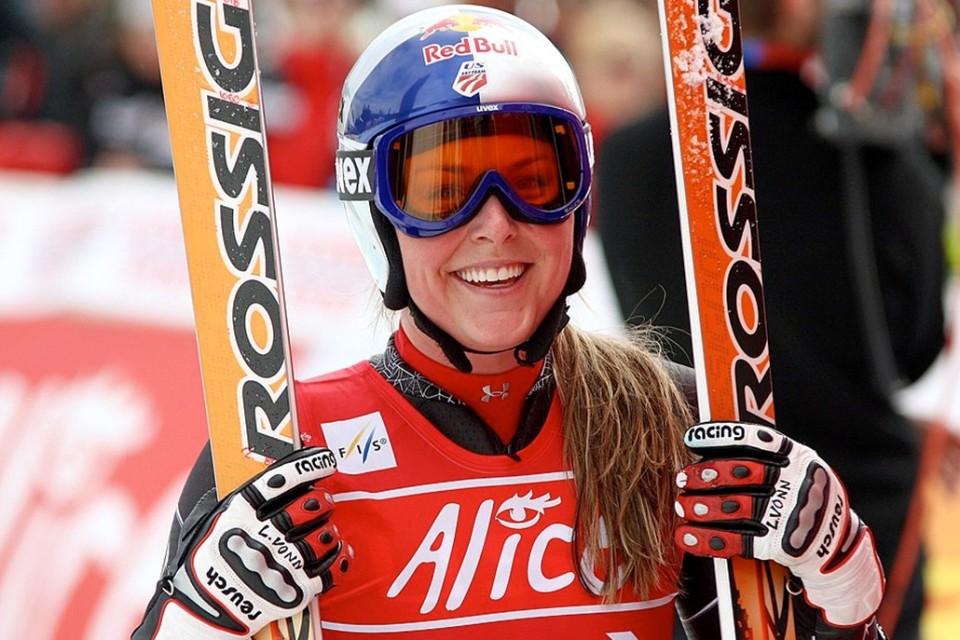Thu, January 31, 2019
Japanese speed skater Kei Saito evades doping ban
To optimise for archiving, the original image and related documents associated with this article have been removed.
Japanese short track speed skater Kei Saito avoided suspension but will be "reprimanded" by the International Skating Union for failing a doping test at last February's Pyeongchang Winter Olympics.
The International Skating Union did not recognize "great malpractice or fault" by the 22-year-old, and ruled that he may have accidentally ingested the diuretic masking agent acetazolamide. The banned substance is used to treat conditions like glaucoma, altitude sickness and epilepsy but also works as a masking agent for steroids.
Saito had been provisionally suspended by the Court of Arbitration for Sport after testing positive for in an out-of-competition test in the lead-up to the Games. The positive test was the first confirmed doping case at the Pyeongchang Games, and the first ever returned by a Japanese athlete at a Winter Olympics.
Generally, athletes are suspended from competition for two years even if the test turns out positive due to unintentional factors. Athletes are reprimanded if they can explain how a banned substance entered their body and rule out doping as the intention of taking the drug. Saito claimed an extremely small amount of acetazolamide came into contact with something he ate or drank before the doping test, and the ISU recognized that possibility, according to his lawyer.
Saito reached a settlement with the sport's governing body on Jan 15. He commented, “I gravely accept the punishment and renew my awareness of being an athlete. I want to return to competition.” The Japan Skating Federation will discuss the timing of his competitive return.



